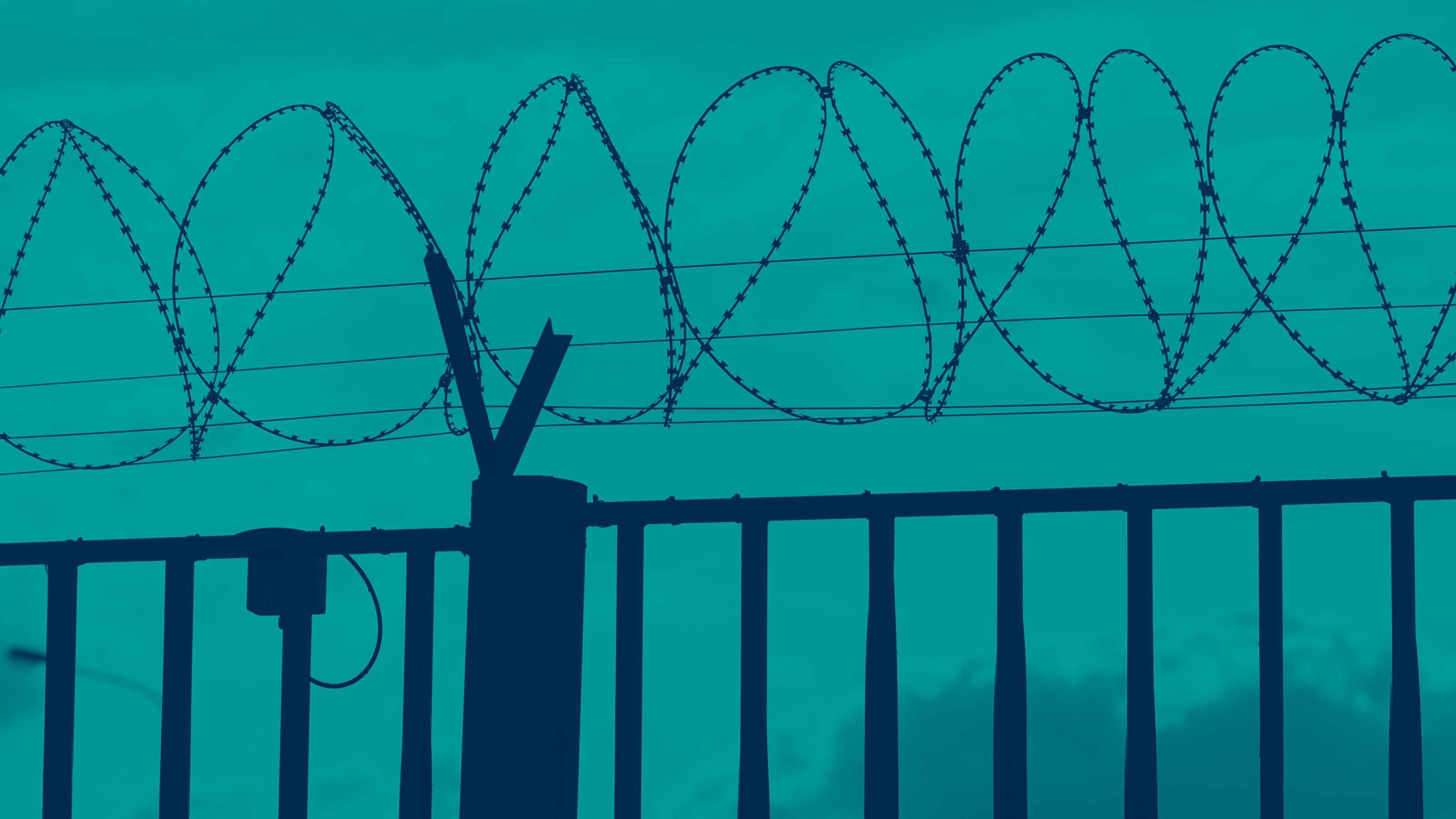Registration
You will receive an email confirming your registration.
The balance of power in the Asia Pacific is undeniably shifting as a result of the growing power and influence of China, the rise of other middle powers, and the prospect of Western retrenchment. In his book, Restraining Great Powers: Soft Balancing From Empires to the Global Era, T.V. Paul counters traditional notions of balance-of-power theory to argue that states engage in “soft balancing,” by using international institutions, informal alignments, and economic instruments to constrain the power and threatening behaviour of dominant actors.
Carnegie India hosted T.V. Paul to discuss the implications of soft balancing for the distribution of power in the Asia Pacific, based on his book. The discussion was moderated by Srinath Raghavan.
DISCUSSION HIGHLIGHTS
- Great Power Wars: Participants highlighted that the world today is in a state of transition and our understanding of great power conflict is very limited. This is because great powers have been able to maintain an aura of legitimacy through the use of propaganda as well as material and institutional power. This has resulted in the idea that great powers should shoulder the responsibility of maintaining order in the international system despite other states acknowledging the former’saggression. Looking ahead, participants stated that whether or not China is able to attain great power status peacefully will determine the possibility of great power wars occurring in the future. As an example, participants argued that as its power declines, the United States may start a preemptive war with China. Participants were also critical of the inadequacy of international relations theory, especially its sparce focus on the concept of a peaceful rise and, thereby, limited ability to explain the rise of China.
- Balance of Power: Participants noted that the balance of power theory forms the foundation of realism within international relations. However, they argued that its importance may have been diluted since the end of the Cold War, after which countries haven’t been balancing against each other as intensely. Participants explained that this could be attributed to the low threat environment across the world, intensified economic globalization, the expanding role of international institutions, and the dismissal of the idea that territory constitutes a source of wealth. Participants also pointed out that the advancement of military technology now favors defensive capabilities rather than offensive ones, which makes it harder for countries to initiate attacks. Similarly, participants also argued that today, it has become more important for states to balance against threats rather than balance against other powerful states. To illustrate this, participants stated that the United States does not balance against specific countries today. Rather, it identifies specific threats that need to be countered, they explained. Participants explained that this is a step away from the earlier assumption that the more powerful a state becomes, the more threatened its rivals feel. Overall, participants stated that countries are now focusing on a variety of different strategies instead of subscribing to the balance of power theory—one such strategy is “soft balancing.”
- The Concept of Soft Balancing: Participants defined soft balancing as the practice of restraining the power of a country using international institutions and concerted diplomacy (including informal ententes and economic sanctions) in an attempt to delegitimize its aggressive actions in the eyes of the international community. This makes it harder for the country in question to fulfill its foreign policy objectives, they explained. To explain its growing significance since the end of the Cold War, participants highlighted that the United States ensured it had the backing of the UN Security Council, along with an international coalition, before it militarily intervened in Kosovo and Iraq. Participants noted that soft balancing is most successful under certain conditions. They explained that these include a low threat environment, a low level of nationalism among great powers, and great powers’ belief in the importance of legitimacy and institutions..
- Soft Balancing in the Asia Pacific: Participants underlined the importance of considering indirect balancing strategies, such as soft balancing, to understand the geopolitics of the Asia Pacific. Participants further explained that countries in the region have increasingly relied on diplomatic engagement to deal with threatening powers and even utilized institutions such as the ASEAN to delegitimize the latter’s aggressive actions. Participants also highlighted that China’s rise has been characterized by asymmetric strategies. While Beijing has undertaken limited hard balancing on occasion, it has extensively leveraged diplomatic engagement and focused on emerging as an economic powerhouse by embracing global trade and interdependence. Participants concluded that soft balancing has remained attractive to Asia Pacific countries as the United States doesn't threaten their sovereignty. Participants emphasized that while China is more aggressive and threatens the territorial integrity of some countries, it also offers them attractive public goods.
This event summary was prepared by Rahul Bhatia, a research intern at Carnegie India.
Speaker
T.V. Paul
T.V. Paul is the James McGill Professor of International Relations in the department of Political Science at McGill University, Montreal, and a fellow of the Royal Society of Canada. Paul specializes in international relations, especially international security and South Asia.
Moderator
Srinath Raghavan
Srinath Raghavan is a senior fellow at Carnegie India. He is also a professor of International Relations and History at Ashoka University. His primary research focus is on the contemporary and historical aspects of India’s foreign and security policies.
